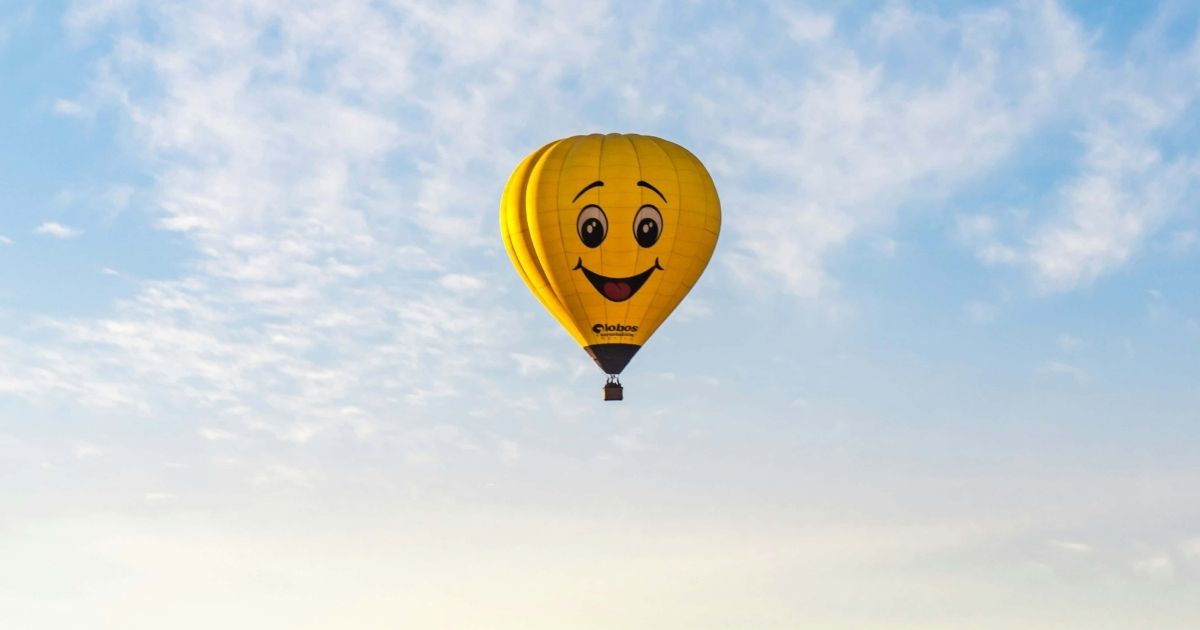Explore the blog for strategies that help you elevate, humanize, and future-proof your writing block.
Smart strategy, sharper systems, and writing instruction that actually aligns with real life.
This is *not* your average, district PD...
Welcome to the Blog
Categories:
Featured Post
Hi, I’m Jill.
meet your impact-enabler
nice to meet you!
I've been blogging since 2012 (!), and my mission has always been the same: I'm here to help you build writing experiences that feel relevant, practical, purposeful, and rooted in REAL.
(not just the one we assess on the page!)
ELA teacher, curriculum designer, and unapologetic advocate for writing instruction that actually reflects the world our students are stepping into.
Where to Next?
There’s More to Explore...
Classroom-ready resources that elevate your instruction, make writing more relevant for students, and bring the spark back into your teaching.
Tools that Transform Writing
Resources
High-impact teacher trainings that challenge assumptions, sharpen your practice, and power your lesson plans with cutting-edge strategies you can use right away.
Monthly Momentum, Evolving Support
workshops
Join me on my YouTube channel for honest conversations about who we need to be here in order to get our learners there.
Tune in, Reimagine
YouTube
